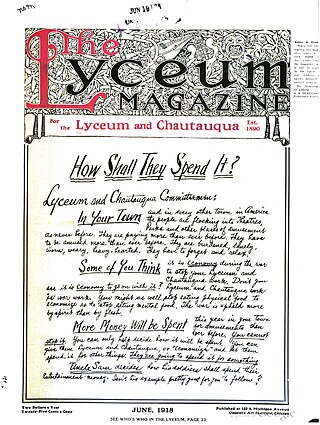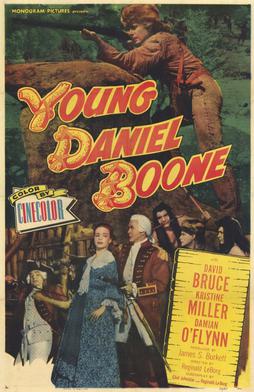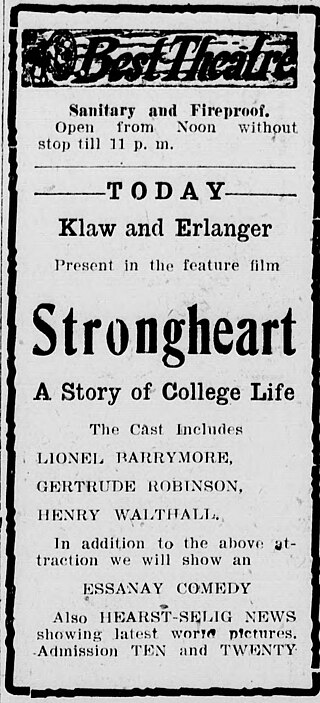Related Research Articles

White Swan is a census-designated place (CDP) in Yakima County, Washington, United States. The population was 789 at the 2020 census.

Etzel von Oeringen, better known as Strongheart, was a male German Shepherd that was one of the early canine stars of feature films.

Across the Wide Missouri is a 1951 American Technicolor Western film based on historian Bernard DeVoto's eponymous 1947 book. The film dramatizes an account of several fur traders and their interaction with the Native Americans.
Kantar TNS is a global market research and market information group with offices in over 80 countries. Formerly listed on the London Stock Exchange and a constituent of the FTSE 250 Index, the firm was acquired by WPP Group for £1.6 billion in October 2008, when it became part of WPP's Kantar Group.

The lyceum movement in the United States refers to a loose collection of adult education programs named for the classical Lyceum which flourished in the mid-19th century, particularly in the Northeast and Midwest. Some of these organizations lasted until the early 20th century.

The Indian Citizenship Act of 1924, was an Act of the United States Congress that imposed U.S. citizenship on the indigenous peoples of the United States. While the Fourteenth Amendment to the United States Constitution defines a citizen as any persons born in the United States and subject to its laws and jurisdiction, the amendment had previously been interpreted by the courts not to apply to Native peoples.
Phil Lucas was an American filmmaker of mostly Native American themes. He was an actor, writer, producer, director and editor for more than 100 films/documentaries or television programs starting as early as 1979 when he wrote/co-produced and co-directed Images of Indians for PBS - a five-part series exploring the problem of Indian stereotypes as portrayed and perpetuated by Hollywood Westerns.

The Painted Hills, also known as Lassie's Adventures in the Goldrush, is a 1951 drama western film produced by Metro-Goldwyn-Mayer (MGM) and directed by Harold F. Kress.

The National Congress of American Indians (NCAI) is an American Indian and Alaska Native rights organization. It was founded in 1944 to represent the tribes and resist U.S. federal government pressure for termination of tribal rights and assimilation of their people. These were in contradiction of their treaty rights and status as sovereign entities. The organization continues to be an association of federally recognized and state-recognized Indian tribes.

Pony Soldier is a 1952 American Northern Western film set in Canada, but filmed in Sedona, Arizona. It is based on a 1951 Saturday Evening Post story "Mounted Patrol" by Garnett Weston. It was retitled MacDonald of the Canadian Mounties in Britain and The Last Arrow in France, Spain, and Italy.

Nipo T. Strongheart was an American performer in Wild West shows, technical advisor to Hollywood film producers, and lecturer on the Chautauqua circuit. Throughout his life, which spanned several careers, he was an advocate for Native American issues. He spoke on religious issues several times, and late in life he became a member of the Baháʼí Faith.
Gosei is a Japanese diasporic term used in countries, particularly in North America and in South America, to specify the great-great-grandchildren of Japanese immigrants (Issei). The children of Issei are Nisei. Sansei are the third generation, and their offspring are Yonsei. The children of at least one Yonsei parent are called Gosei.
NIPO, previously named NIPO Software, is a long term provider to the professional market research industry for online, CAPI and CATI surveys. NIPO is a major worldwide Market Research software provider.

The Last Frontier is a 1926 American silent Western film directed by George B. Seitz and starring William Boyd, Marguerite De La Motte, and Jack Hoxie. The plot of this film was later reused in the 1948 Columbia Pictures serial Tex Granger.

Braveheart is a 1925 American silent contemporary Western film directed by Alan Hale Sr. and starring Rod La Rocque. The story focuses on members of a tribe of Indians who are being intimidated by the owners of a canning company seeking to violate a treaty protecting the tribe's fishing grounds. Braveheart is a remake of the 1914 film Strongheart directed by James Kirkwood Sr. and produced by the American Mutoscope and Biograph Company.
Nipos or Nippos is a village in Chania regional unit and is 33 km away from the city of Chania. It is part of the municipality of Apokoronas.

Young Daniel Boone is a 1950 American Cinecolor Western film directed by Reginald Le Borg and written by Clint Johnston and Reginald Le Borg. The film stars David Bruce, Kristine Miller, Damian O'Flynn, Don Beddoe, Mary Treen and John Mylong. The film was released on March 5, 1950, by Monogram Pictures.
The Yaqui Cur is a 1913 American silent Western black and white film directed by D. W. Griffith, written by Stanner E.V. Taylor and starring Robert Harron, Kate Bruce, Walter Miller, Charles Hill Mailes and Victoria Forde. Griffith directed seven films with more than one reel, including The Yaqui Cur and The Little Tease (1913).

Strongheart is a 1914 American silent Western black and white film directed by James Kirkwood Sr., produced by Henry B. Harris, written by Frank E. Woods and starring Henry B. Walthall, Lionel Barrymore, Blanche Sweet and Antonio Moreno. The film was supervised by D.W. Griffith.
Nipo may refer to:
References
- ↑ Joanna Hearne (25 January 2013). Native Recognition: Indigenous Cinema and the Western. SUNY Press. pp. 78, 107. ISBN 978-1-4384-4399-7.
- ↑ Strongheart, Nipo T. (Autumn 1954). "History in Hollywood". The Wisconsin Magazine of History. 38 (1): 10–16, 41–46. JSTOR 4632754.